18 어게인 AKA 18 Again
- 8.1
- Drama
- 2020
- 1h
- PG-13
a heart-warming Korean fantasy-drama about a middle-aged man whose life is falling apart until he miraculously regains his 18-year-old body and becomes a high-school student again. Through this second chance he learns what it truly means to love his family, reclaim his dreams, and see his children as more than distant strangers.

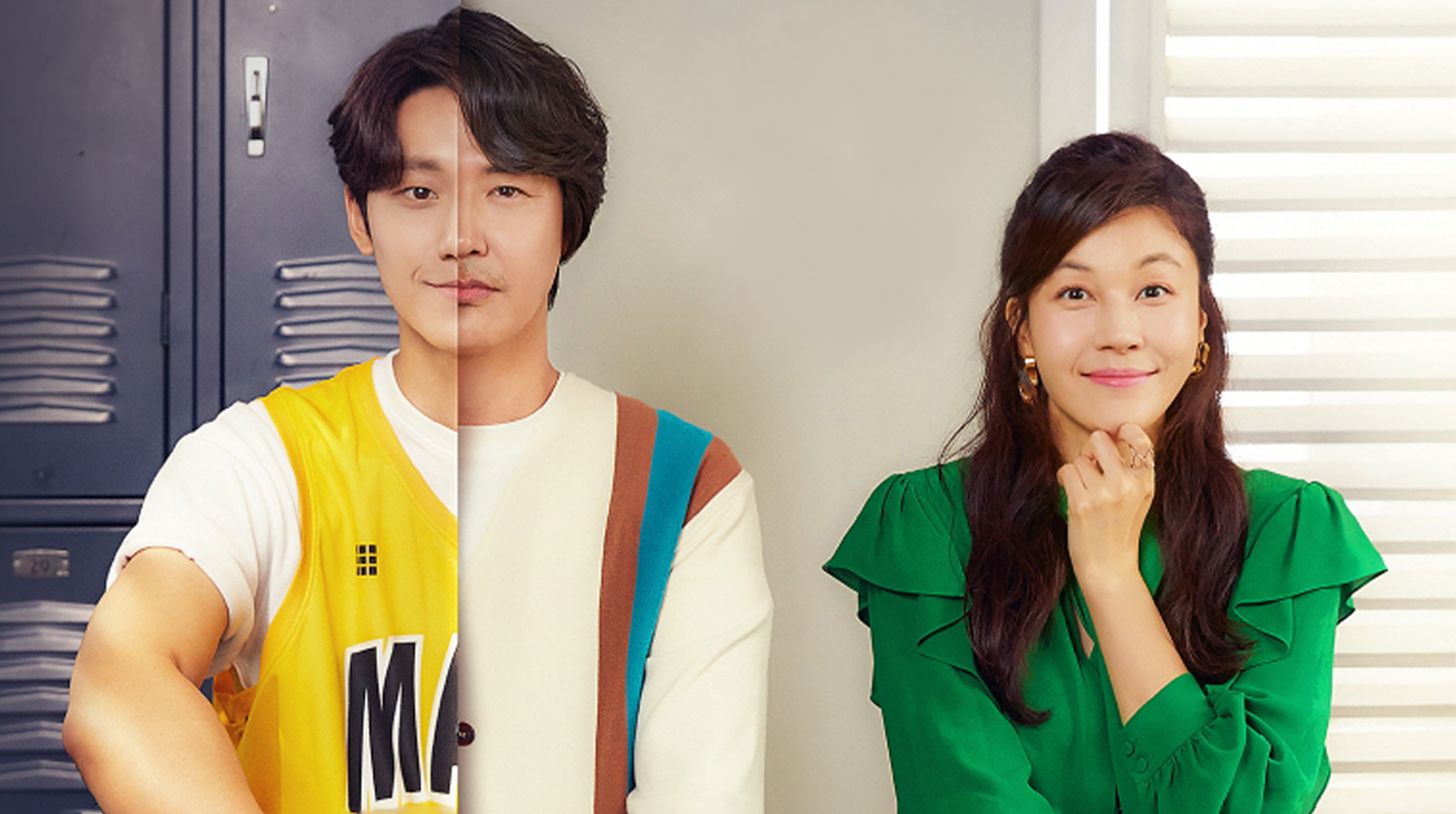
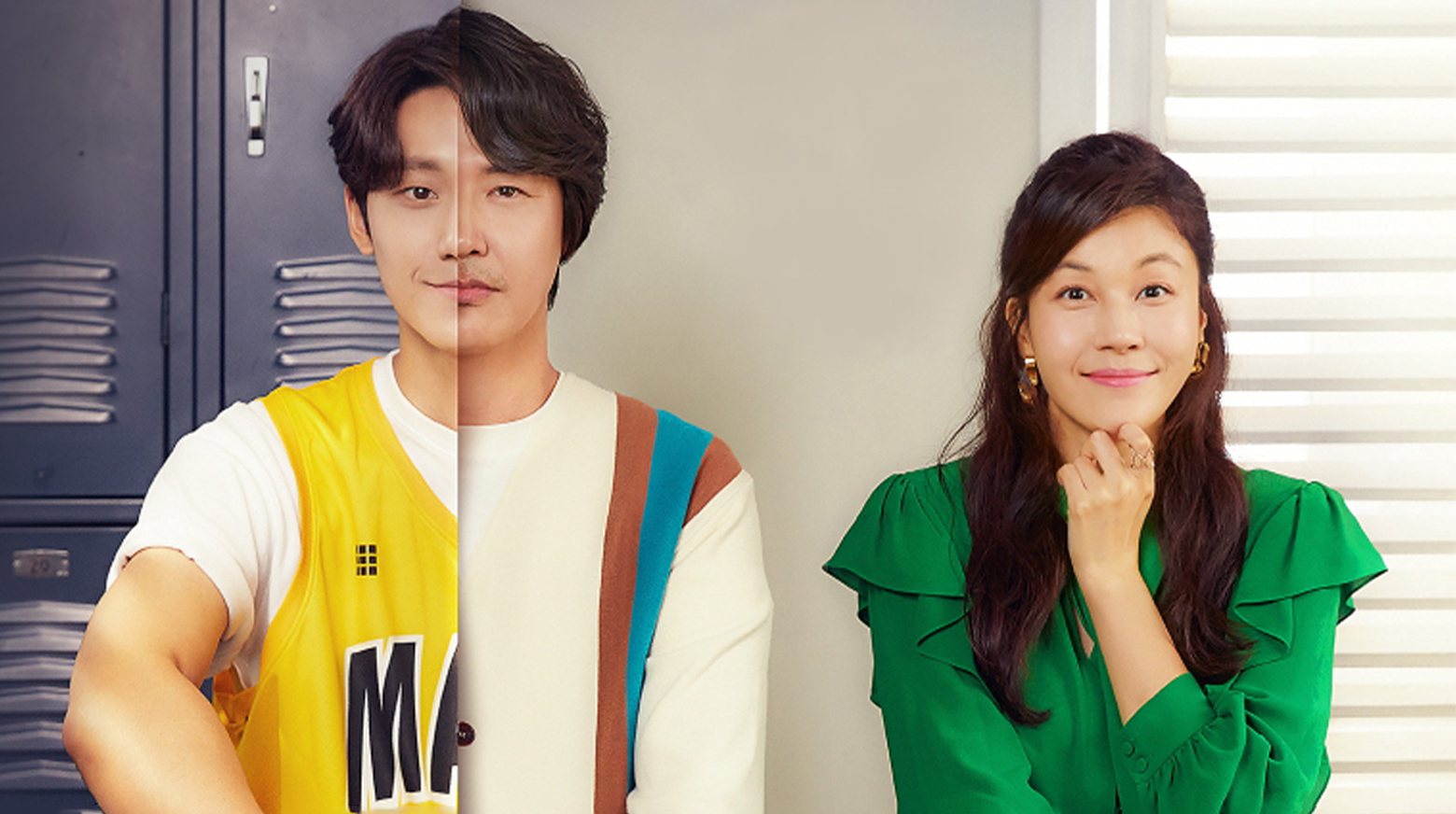
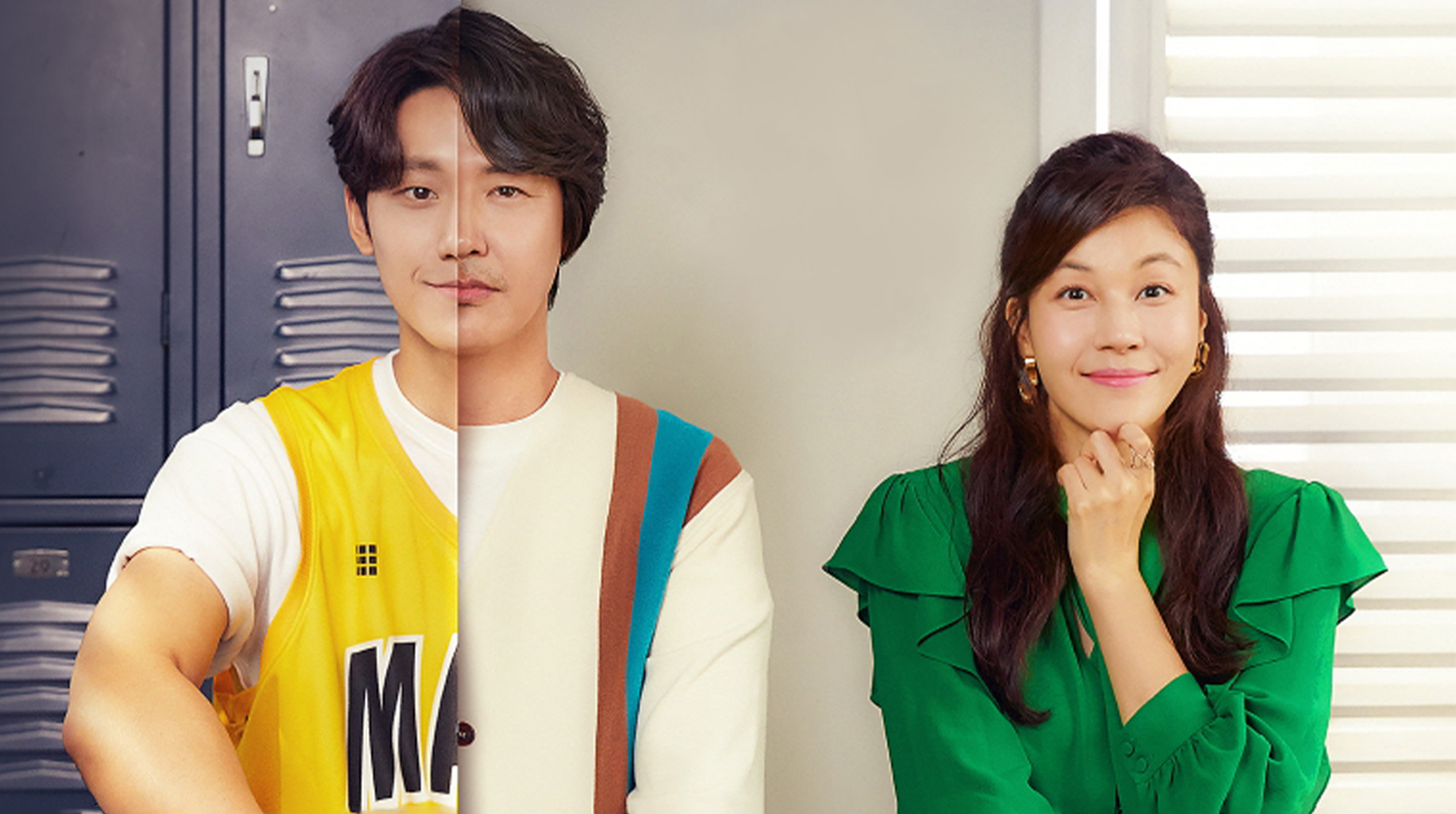
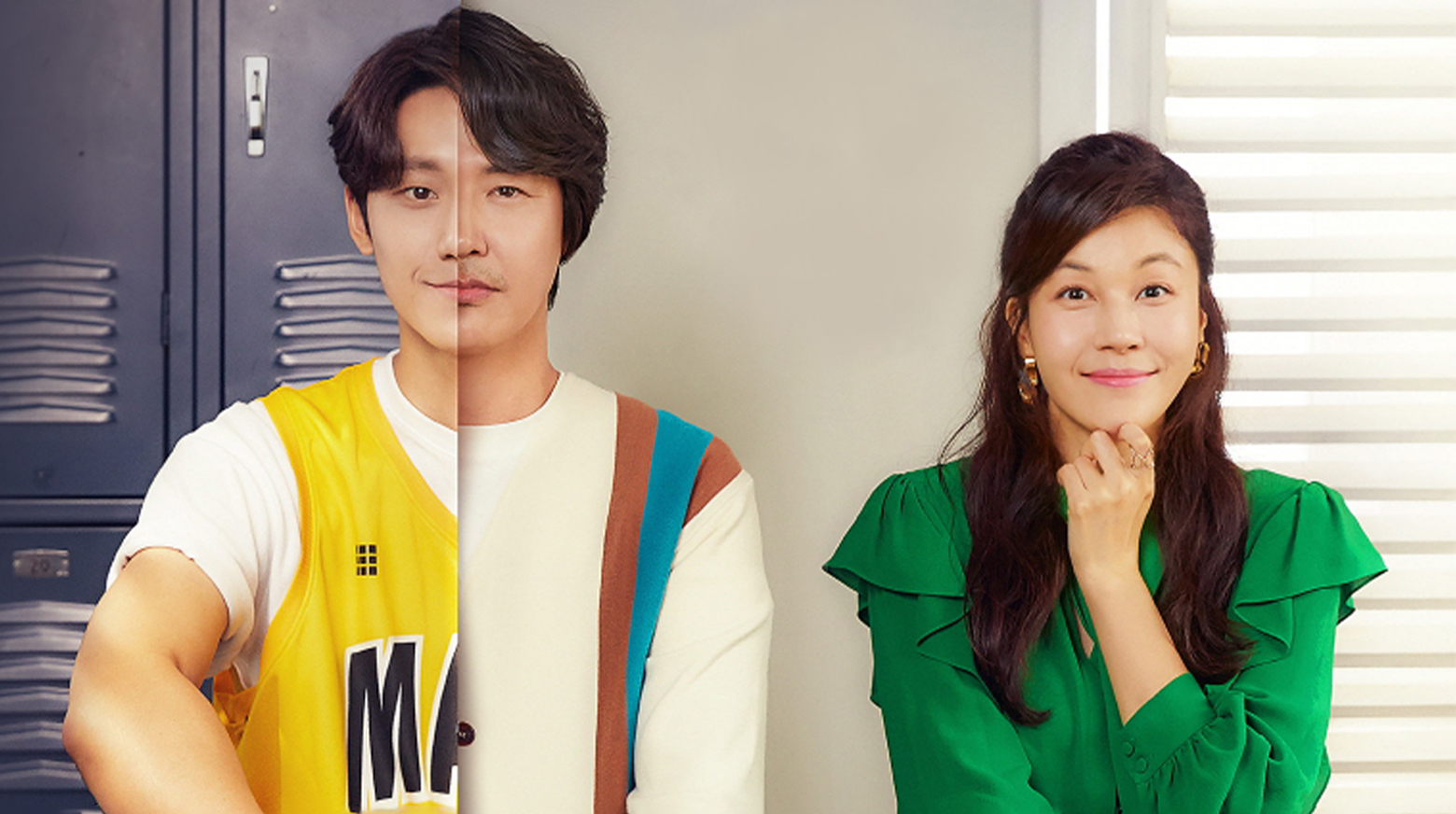

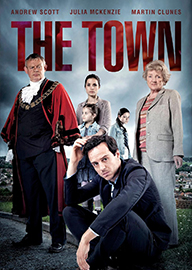










Comments
0Reviews
0Summery
1Please sign in to comment.
Please sign in to review.
/The story of 18 Again sweeps open on the comfortable surface of a life that is quietly unraveling. Hong Dae-Young (portrayed by the actor Yoon Sang-hyun) and his wife Jung Da-Jung (Kim Ha-neul) once believed their youthful love and early marriage would carry them through any storm. They had twins early, a daughter and a son, and for a time the household hummed with expectation, laughter, and shared dreams. But years of polished routine, the weight of responsibilities, and the erosion of passion creep in like dusk and the once-solid marriage begins to crack. Dae-Young’s job falters, his self-worth dwindles, and as Da-Jung files for divorce the twins start to drift away, the daughter chasing independence, the son guarded and silent. On the brink of collapse Dae-Young is given a fantastical chance: he awakens in the body of his eighteen-year-old self (Lee Do-hyun), while his mind retains the forty-year-old weariness of decision, regret and remembrance.
The series then becomes a journey of reacquaintance with life, family and self. Now calling himself “Go Woo-young”, Dae-Young enrolls in the same high school his twins attend, the same campus he walked years ago, donned the same uniform, carried the same expectations. But the world is changed, and so is he. From this vantage he begins to see the fissures in his family not as a distant father but as a peer, a friend, a guardian disguised in youthful skin. He befriends his daughter, learns of her part-time job, her guilt about being a burden, the sharp edge of her independence. He watches his son, once aloof, hiding a talent for basketball, his eyes full of fear and yearning. Meanwhile Da-Jung, ambitious and wounded, has exacted her place in the world as a news anchor, fighting subtle prejudice and age-bias, exploring the half-forgotten parts of her life that were suppressed for family and duty. Dae-Young’s return to youth isn’t about recapturing lost days; it becomes a mirror held up to every overlooked moment, every silent regret, every untold apology.
What transpires is a delicate weaving of comedy and sorrow. The high-school corridors, once filled with teenage pain and promise, become an unexpected terrain of redemption. Dae-Young, inside Woo-young, sits beside his daughter in class, consoles his son in locker room shadows, challenges bullying coaches, relives his own unfulfilled career as a promising basketball player whose parenthood halted his dreams. The show is rich with moments of quiet revelation: a father asking his daughter about her fears rather than admonishing them; a son accepting support rather than hiding his weakness; a man reconciling not just with his children or his wife, but with the fragment of his younger self he abandoned. Through the lens of this body-swap fantasy the series opens real emotional territory — the cost of self-sacrifice, the cruelty of unspoken love, the way time can heal if only one sees differently.
And yet 18 Again refuses to settle for melodrama alone. It touches institutional predicaments — for Da-Jung the broadcasting world is ageist, for the children their young conception becomes a silent stigma, for Dae-Young his life is measured in what he surrendered. As the episodes progress the fantasy element remains subtle — the transformation is not exploited for spectacle but used as a tool for introspection. Slowly Dae-Young stops living for the do-over, and begins living for the others. He uses his second chance not to reclaim ‘what-if’ but to rebuild ‘what-now’. When his body eventually shifts back, when the magic resolves, the real victory isn’t the return to normalcy, but the repaired connections — father to daughter, husband to wife, man to his past and future. The concluding scenes leave the audience with both closure and possibility: lives recalibrated, mistakes acknowledged, love renewed. 18 Again becomes not simply a fantasy of youth regained but a testament to the fact that it’s never too late to see the ones you love with new eyes.